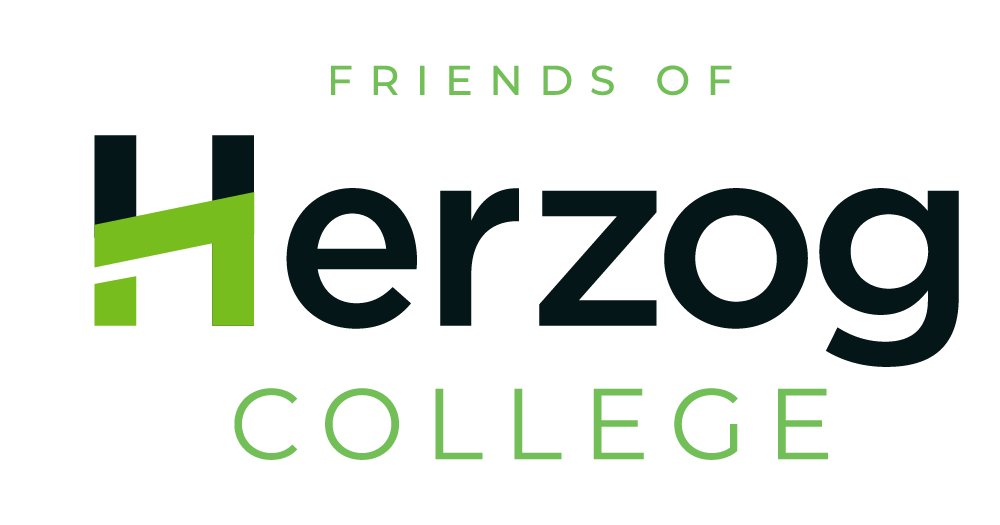Rosh Hashanah is the traditional season for Jewish New Year’s resolutions and fresh starts. I vividly recall opening up a new notebook at the beginning of every school year, excited at the opportunity to start fresh and get it right this year. To keep my writing neat, stay up to date with my schoolwork, and to record only good grades on its pristine white pages.
COVID-19 turned the world upside down and changed our expectations of education. As we approach a new academic year, we may resolve to make dramatic changes. To become more creative educators, as we strive to cope better with the new technologies that we are required to use. To prepare more engaging lessons for our students, as we help them adjust to the challenges of distance learning. What took us by surprise in the spring should now be familiar, and we all want this school year to be successful, productive and relevant for our students, despite the disruption of last year.
However, as adults, we know that we are unlikely to be able to fulfil all those good intentions. After a few days and a few pages, we will probably slip back into old patterns. We might lose our tempers with our students and ourselves. The challenges we face will not disappear; keeping our students inspired and motivated will not be any easier this year. Financial worries will cast their shadow over all of us, necessitating cut-backs and sacrifices.
So what can we realistically hope for in 5781? What New Year’s resolutions can we set for ourselves and for our institutions? How can we inspire our colleagues, students, and children to believe in a more positive future?
- Be honest. Admit to ourselves, our spouses and our children when we are finding life difficult. Support one another through moments of doubt and anxiety. Let’s not try to pretend to ourselves and our children that we have all the answers.
- “Let go and let God”. Knowing that we cannot control the future, or even what we will be able to do next week or next month, we need to acknowledge and accept our lack of control. Use expressions like “hopefully” and “God-willing” to show that we recognize that things may not work out as planned.
- Think Different. Apple’s famous tagline was way ahead of its time. Today’s educators, parents, and students must think and do things differently, as we all adapt to a new educational paradigm. Before COVID, most teachers never even took an online course, let alone taught one. Jewish studies teachers are no exception, and Herzog’s new Rimonim teacher training program for Diaspora educators is filling that void. Rimonim teachers gain new skill sets with online tools to enhance their methodological landscape, thereby enabling them to relate better to the challenges faced in today’s virtual classrooms.
- Strengthen Family Bonds. We realized that one of the groups hardest hit by the lockdown was grandparents, who can no longer safely spend time with their children and grandchildren. Phone conversations, and even video calls, became boring and repetitive for those with very little news to share. That’s why we started MiDor L’Dor, a weekly Parsha email designed to foster meaningful intergenerational conversations. This enables grandparents with time on their hands to ease the pressure of overworked parents, by helping educate children who are spending less time in school.
- Be kinder to ourselves. Don’t try to be the perfect parent, employee, teacher or spouse 24/7. Overhearing stressful conversations in other people’s homes in the background of Zoom sessions has shown us that we’re all struggling with the new reality, and it’s ok to admit it. If work deadlines have to be stretched, your boss will understand – he has teenagers too!
These are suggestions rather than resolutions because this year we cannot promise anything more than to try. None of us knows what the rest of 2020 will bring. As we pray for a happy and healthy New Year – whether at home or in whatever prayer services we are able to join – let us ask the Creator of the World to help us become better educators, better leaders, and most of all better people. To help us make positive progress and add an extra level of kindness to our interactions. Let us pray for an end to the pandemic, and to the grief and suffering it has caused.
Ariel Erani heads Herzog Global, the international Jewish education enrichment department of Herzog College in Israel.

